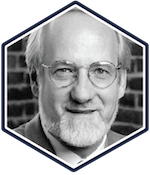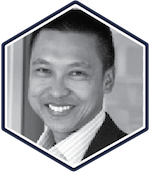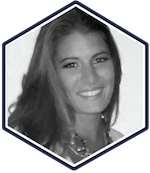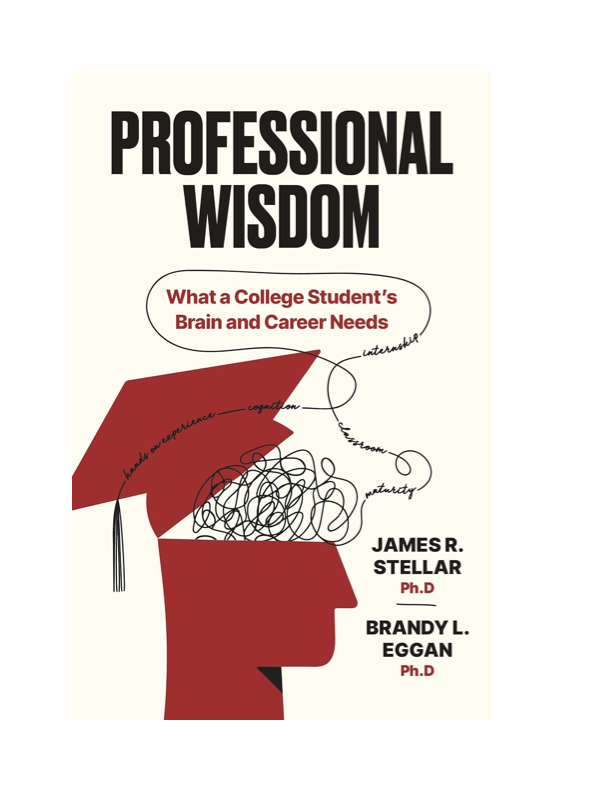Co-authored Blog Posts
The Dental School application process – a journey
Guest Papers by Students, Staff, and Faculty (edited by JS)
Loss to follow-up in understanding cravings: Tailoring effective public health messaging for HCV/HIV-at-risk populations.
News
Who We Are



Who We are and What We Do
The blog began as a partnership between an older (Jim Stellar) and a younger (Shwen Gwee) guy. Then when Jim began doing research for the book, he was helped by one of the first blog co-authors (Adrienne Dooley) who became a project manager for a team of researchers, ranging from students to professionals who worked to develop the book and continue to talk in an on-line forum. Now, the three of us have added a third section of short papers that examine topics in greater depth than possible in a blog.
The whole idea of the website is to discuss experiential education programs and learning with a focus on what can be taken from neuroscience, cognitive, and social science research. We believe that this research is showing that the brain is built to operate and make decisions in two ways – in conscious rational decision-making mode and in unconscious instinctive decision-making mode. We think that this dual view, which applies to economics, also applies to higher education. It suggests important and natural ways that learning from direct experience can powerfully complement the classical classroom-based curriculum to improve student outcomes in and after college.
For more, click on the About link at the top


